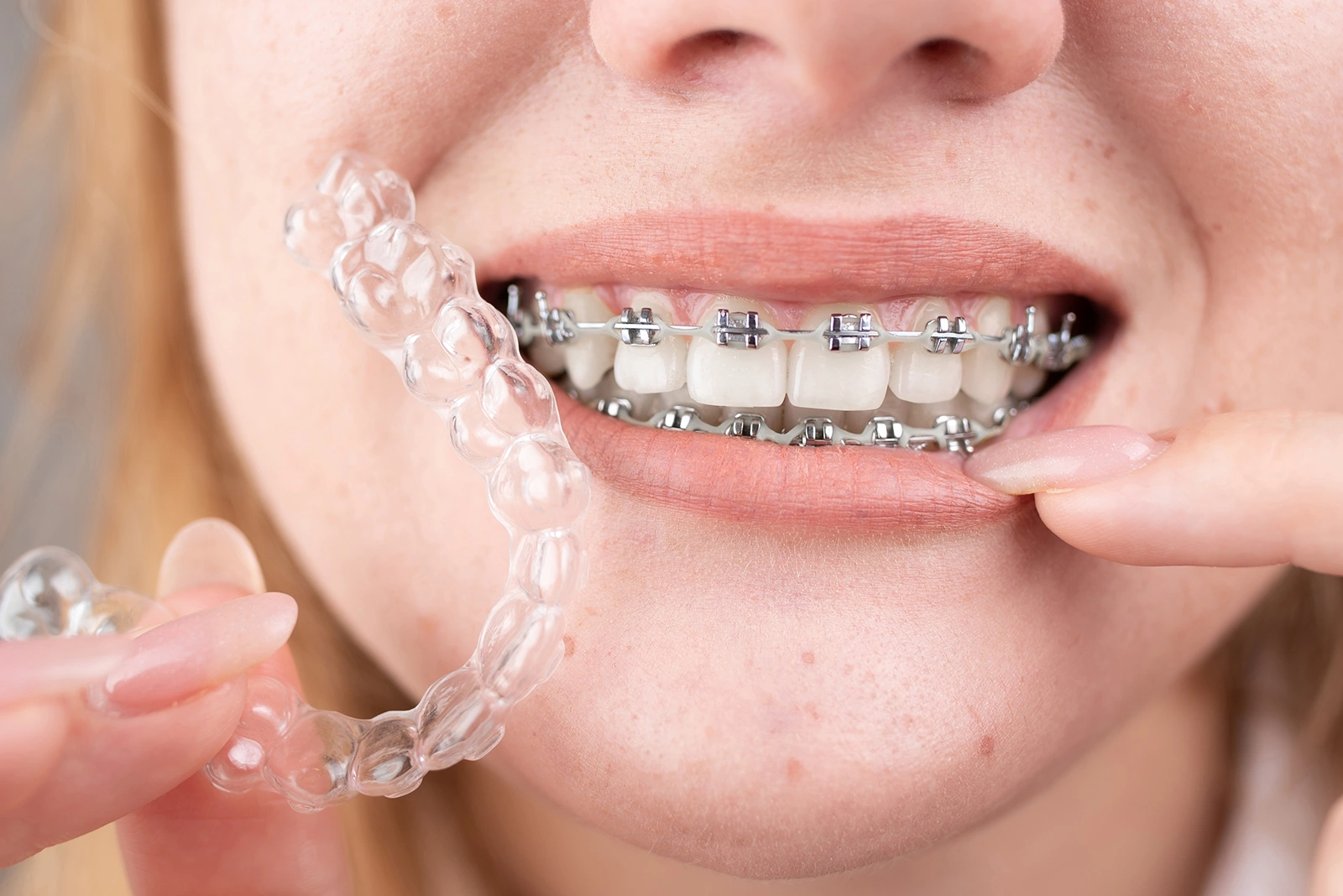
Dr Tan Kok Liang
Certified Specialist in Orthodontics (Dental Braces)
BDS, MSc (Orthodontics), DOrth RCS (Edinburgh)

Dental braces are becoming increasingly popular in Singapore—not just as a way to correct misaligned teeth, but as a long-term investment in both oral health and appearance.
Understanding Your Orthodontic Needs
Underlying orthodontic issues vary from person to person. Whether it involves crowding, bite misalignment, or spacing, a professional assessment is the first step toward finding the right solution.
A certified orthodontist will evaluate the complexity of your condition and recommend a treatment plan tailored to your needs. For example, mild spacing issues may respond well to clear aligners, while more complex bite issues might require fixed braces. A proper assessment helps ensure effective, timely results.
Choosing Braces that Match Your Needs and Lifestyle
When you choose to get braces, it is important to consider their key characteristics. On one hand, some people are comfortable with metal braces for cosmetic purposes. On the other hand, many patients, especially working adults and teens, are concerned about how noticeable braces will be. Fortunately, modern orthodontics offers several discreet alternatives to traditional metal braces.
- Metal Braces: The most commonly used and cost-effective option. Brackets are attached to the teeth and connected with an arch wire to gradually correct alignment. While highly effective, they are also the most visible.
- Ceramic Braces: These braces use tooth-coloured brackets for a less noticeable appearance. They function similarly to metal braces but may be less durable.
- Lingual Braces: Placed on the inner surface of the teeth, lingual braces are hidden from view. They can be just as effective as metal braces but often require more time for adjustments and cleaning.
- Invisalign: Nearly invisible and removable, clear aligners offer a flexible option for patients with mild to moderate alignment issues. Their comfort and discreet design make them a popular choice, though they may not be suitable for all cases.
Treatment Time and Flexibility
Aside from making timely adjustments, it is worth noting that these types of dental braces come with their own treatment timeline. Knowing what to expect helps manage your commitment:
- Metal and ceramic braces typically require 18 to 24 months of treatment, depending on the complexity of the case. More complex cases may extend beyond two years.
- Clear aligners or Invisalign may offer results within 12 to 18 months, particularly for mild to moderate cases. They may not be suitable for more severe orthodontic issues.
- Lingual braces often follow similar timelines to traditional braces, though the duration can vary depending on how the patient responds to treatment.
Budget Considerations
Cost is an important consideration when deciding on orthodontic treatment. Braces can vary in price depending on materials, complexity, and treatment duration.
- Metal braces are generally the most affordable.
- Ceramic and lingual braces tend to be more expensive due to the materials and technical expertise required.
- Clear aligners usually fall in the mid-to-high price range, reflecting their custom design and convenience.
Some private clinics offer instalment plans. While Medisave does not cover cosmetic orthodontic treatment, subsidies may be available for eligible patients undergoing corrective jaw surgery in public hospitals. Your orthodontist can provide a breakdown of costs based on your individual needs and goals.
Special Considerations
Your lifestyle, medical history, and existing dental work can all influence the choice of orthodontic treatment. For instance:
- Patients with metal allergies (e.g. to nickel) may prefer ceramic or other alternative materials.
- Athletes involved in contact sports may benefit from removable aligners or the use of a protective mouthguard during treatment.
- Musicians—particularly those who play wind instruments—often find that lingual braces or clear aligners interfere less with performance.
- Existing dental work, such as crowns or implants, may require special planning to ensure effective treatment.
If you are unsure which type of braces is right for you, contact our dental clinic. A thorough evaluation will help determine the most suitable and effective option based on your condition and lifestyle.



